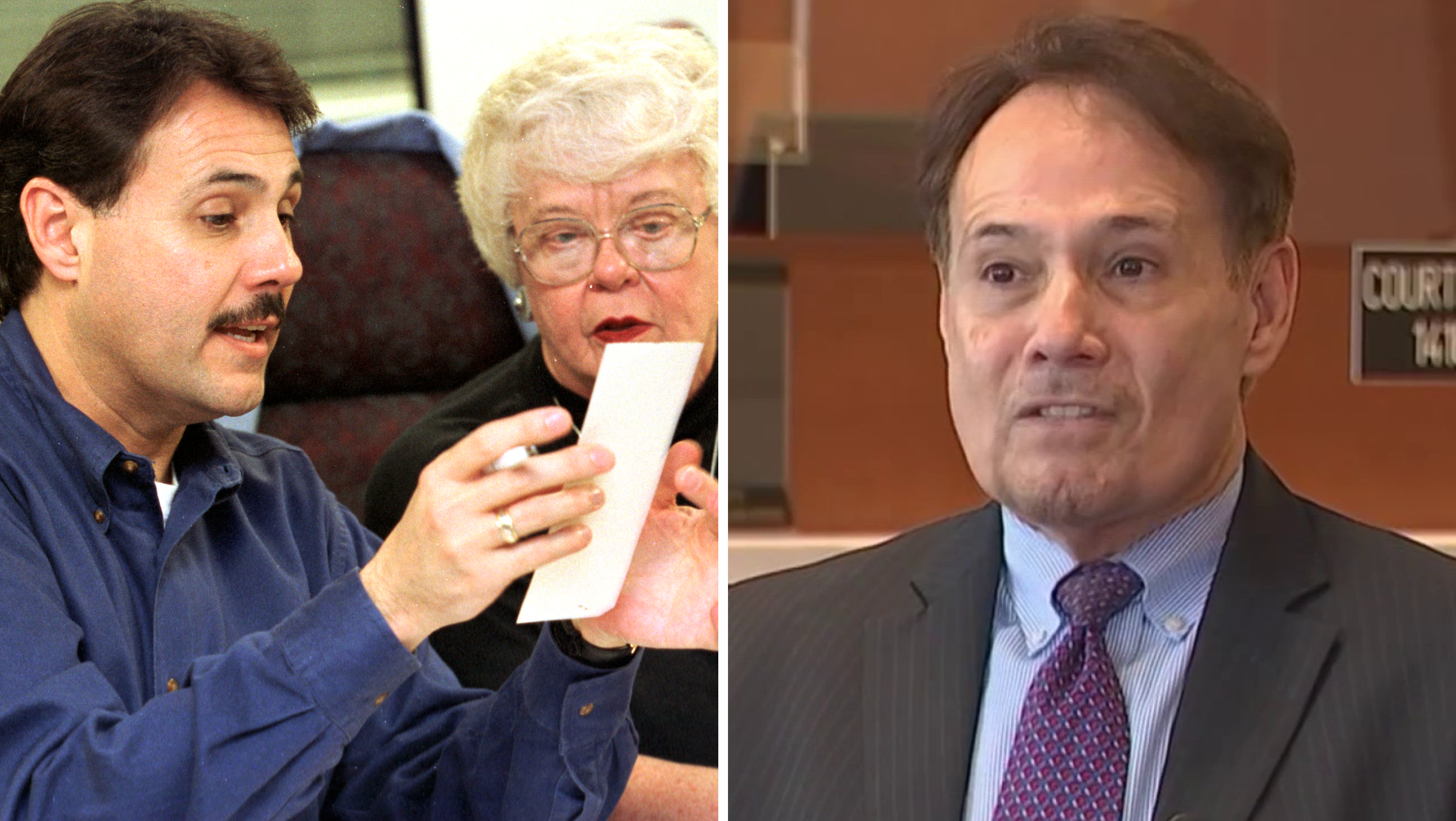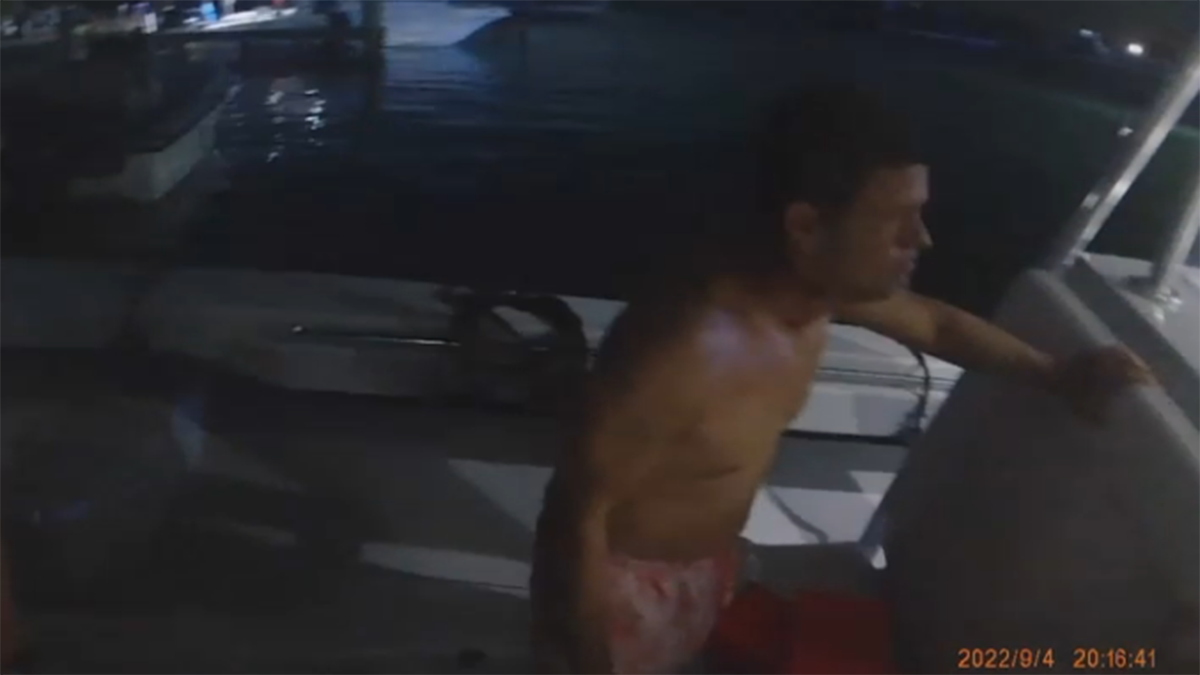A jury has found longtime Miami Commissioner Joe Carollo liable in a federal civil lawsuit brought by two businessmen who accused him of trying to destroy their businesses as political retaliation.
The jury found Carollo violated the plaintiffs' First Amendment rights and awarded them more than $63 million.
Jurors returned their verdict Thursday, after less than a day of deliberations.
Bill Fuller, the owner of the Ball and Chain restaurant and club in Little Havana, and fellow businessman Martin Pinilla, filed the suit against the commissioner. They claimed Carollo weaponized the city’s police and code enforcement departments to shut down several of their businesses in Little Havana because they supported his political opponent.
The Hurricane season is on. Our meteorologists are ready. Sign up for the NBC 6 Weather newsletter to get the latest forecast in your inbox.
"It feels great to finally smush that cucaracha!" a triumphant Fuller told reporters Thursday. "Not only was he a bully, but he was also a coward, he used every legal remedy to take us all the way to the Supreme Court, hoping that he would break us so that we wouldn't arrive today."
Carollo left the courthouse without speaking with reporters. His attorneys issued a statement later Thursday.
"Commissioner Carollo and his legal team thank the jury for their service. We are disappointed with the result. Commissioner Carollo will seek to exercise all legal rights available to him including appellate review," the statement read. "Unlike the Plaintiffs who seem to have now resorted to disparaging comments about the Commissioner and City of Miami Employees, the Commissioner will continue to serve all citizens of District 3 and the City of Miami fairly and equally in protecting health, safety, and quality of life."
Local
During the seven-week trial, more than a dozen witnesses - including three former police chiefs - testified that Carollo used the City of Miami departments to selectively target the plaintiffs’ businesses.
Carollo's attorneys argued that the plaintiffs were harassing Carollo for doing his job and showed a series of violations where the plaintiffs began to do construction work without permits and then worked to get into compliance after being cited.
At one point during the trial, Carollo took the stand himself and accused the plaintiffs' witnesses of lying.
Jurors awarded Fuller more than $25 million in punitive damages and more than $8 million in compensatory damages. Pinilla was awarded nearly $22 million in punitive damages and more than $7 million in compensatory damages.
"Joe Carollo, what he has done to us, to our businesses, to our employees, is wrong, and he does not deserve to be an elected official," Pinilla said.
It's unclear who will be paying the damages. It was reported last month that the City of Miami had already paid nearly $2 million of Carollo's legal fees.
"If (Carollo) has any investment properties, those are fair game for collections," said attorney Juan-Carlos Planas, who is not involved in the case. "If he has any sort of art collection, that is fair game."
Planas — who once represented Carollo’s political opponent — said by law, the court can’t take away the home where he lives or money for basic necessities, but they can go after anything else outside of that.
"He has to be able to be left with money to sustain himself," he said.
Planas said it is too early to tell if the city will have to pay any of the damages.
"The City thanks the jury for their service during this lengthy trial. Although the City is disappointed with the verdict and certain issues that occurred during the trial, the City anticipates that Commissioner Carollo will be exercising (and should exercise) full appellate rights, as provided for and protected under the American judicial system," Miami City Attorney Victoria Méndez said in a statement Thursday.
Carollo was first elected to Miami's City Commission in 1979. He previously served two terms as Miami's mayor.
"This is a victory for the small people, for our tenants, for our employees, for everyone who didn't have the economic means to come here and fight what this man has been doing for 40 years," Fuller said.



